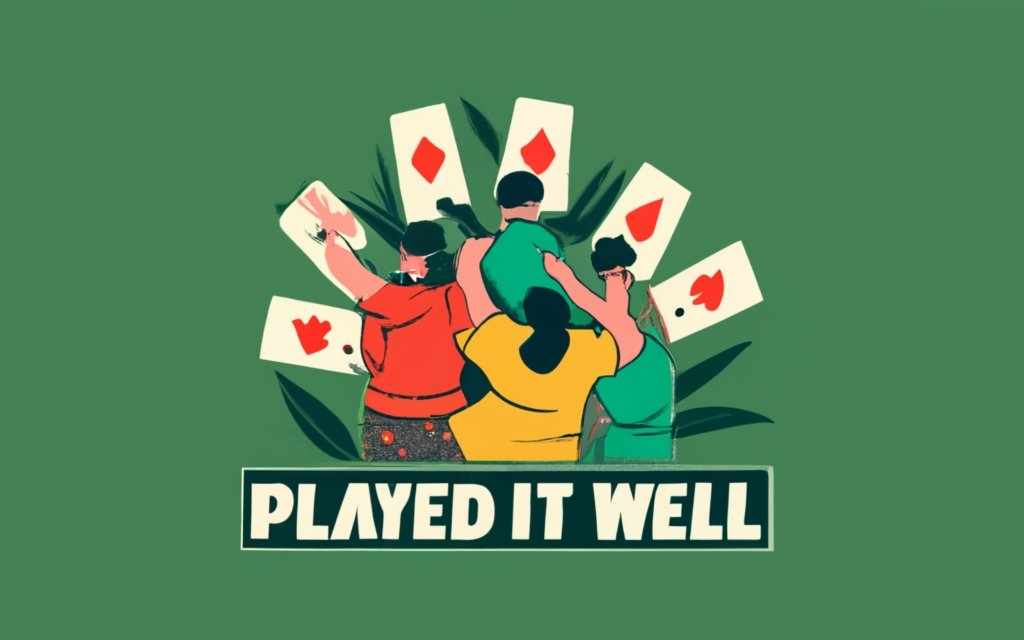Are you tired of spending hours trying to decipher complex rulebooks and struggling to understand complicated strategies? Look no further! “The Ultimate Guide to Easy-to-Learn Board Games” is here to rescue you from the frustration and confusion. In this comprehensive guide, we will introduce you to a wide range of board games that are not only fun and engaging but also easy to pick up. Whether you’re a beginner or an experienced player looking for a quick and enjoyable gaming experience, this guide has got you covered. So, dust off your game table and get ready to embark on a world of effortless entertainment!
Choosing the Right Board Game
Choosing the right board game for your next game night can be an exciting yet overwhelming task. With so many options available, how do you know which game will be the perfect fit for you and your group? To make the decision easier, it’s important to consider several factors, such as the number of players, age range, complexity level, game duration, and the theme and setting that will appeal to everyone. By carefully evaluating these factors, you can ensure that the board game you choose will provide hours of fun and entertainment for everyone involved.

This image is property of images.unsplash.com.
Consider the Number of Players
The first thing you should take into consideration when choosing a board game is the number of players. Different games have different player limits, ranging from two-player games to those that can accommodate large groups. If you’re planning a game night with just a few close friends or a romantic evening with your partner, a two-player game like Chess or Santorini might be the perfect choice. On the other hand, if you’re hosting a party and expect a large crowd, you’ll want to look for games that can accommodate a higher number of players, such as Werewolf or 7 Wonders.
Check the Age Range
Another important factor to consider when choosing a board game is the age range of the players. Some games are specifically designed for younger children, while others are more suitable for older kids, teenagers, or adults. Chess, for example, is a game that can be enjoyed by players of all ages, while games like Exploding Kittens or Uno are more geared towards younger audiences. Be sure to check the recommended age range on the game box or description to ensure that the game is appropriate for everyone playing.
Evaluate the Complexity Level
The complexity level of a board game refers to how difficult it is to learn and play. If you’re new to board games or planning a game night with people who are not experienced gamers, you’ll want to choose a game that is easy to understand and doesn’t require a steep learning curve. Classic games like Monopoly or Scrabble are relatively simple to grasp, making them great choices for beginners. On the other hand, if your group consists of experienced gamers who enjoy a challenge, you might want to consider games like Catan or Pandemic Legacy that offer more strategic gameplay and deeper complexity.
Look for Game Duration
Game duration is another important consideration when choosing a board game. Some games can be played and finished within 30 minutes, while others may take several hours to complete. If you have a limited amount of time for your game night or prefer shorter gameplay sessions, you’ll want to choose games with a shorter average playtime. Card games like Skip-Bo or Sushi Go! are great options for quick and entertaining gameplay. However, if you’re looking to immerse yourself in a longer gaming experience, strategy games like Splendor or Ticket to Ride can offer hours of fun and strategic decision-making.

This image is property of images.unsplash.com.
Consider Theme and Setting
Lastly, consider the theme and setting of the board game. Different people have different preferences when it comes to the theme they enjoy, whether it’s fantasy, history, science fiction, or something else entirely. Some may enjoy the immersive experience of a game set in a medieval fantasy world, while others may prefer a game that revolves around solving a mystery or working together to save the world from a global pandemic. By choosing a game with a theme and setting that appeals to everyone in your group, you can enhance the overall gaming experience and create a more engaging and enjoyable atmosphere.
Now that you have an understanding of the important factors to consider when choosing a board game, let’s take a look at some popular options in different categories.
Classic Board Games
When it comes to classic board games, there are a few that have stood the test of time and continue to be enjoyed by players of all ages. These games are often household names and are a great choice for a nostalgic game night or introducing newcomers to the world of board gaming.
Chess
Chess is a timeless game that has been played for centuries. It’s a two-player strategy game that requires careful planning and strategic thinking. The goal is to capture your opponent’s king while protecting your own, using a variety of different pieces with unique movement patterns. Chess is known for its depth and complexity, making it a favorite among serious gamers and competitive players.

This image is property of images.unsplash.com.
Monopoly
Monopoly is a classic game of property trading and economic strategy. Players roll dice to move around the board, buying and selling properties, collecting rent, and trying to bankrupt their opponents. The game can be played by two to eight players and is a great choice for those who enjoy a mix of luck and strategy. Just be prepared for hours of gameplay, as Monopoly is notorious for its long playtime.
Scrabble
Scrabble is a word-building game that challenges players to create words using letter tiles and score points based on the letters used and the placement on the board. The game is played on a grid and encourages creative thinking and vocabulary skills. Scrabble is suitable for players of all ages and can be played with two to four players. It’s a great choice for those who enjoy word games and friendly competition.
Clue
Clue, also known as Cluedo in some countries, is a classic murder mystery game where players must solve a crime by deducing the suspect, weapon, and location of the murder. Players move around the board, collecting clues and making accusations to narrow down the possibilities. Clue can be played by three to six players and is a great choice for those who enjoy deduction and mystery-solving.
Risk
Risk is a strategic war game where players compete to conquer the world by occupying territories and eliminating opponents. Players take turns attacking and defending, rolling dice to determine the outcome of battles. Risk can be played by two to six players and is known for its high level of player interaction and strategic decision-making. It’s a game that requires careful planning and calculated risks, making it a favorite among strategy game enthusiasts.






